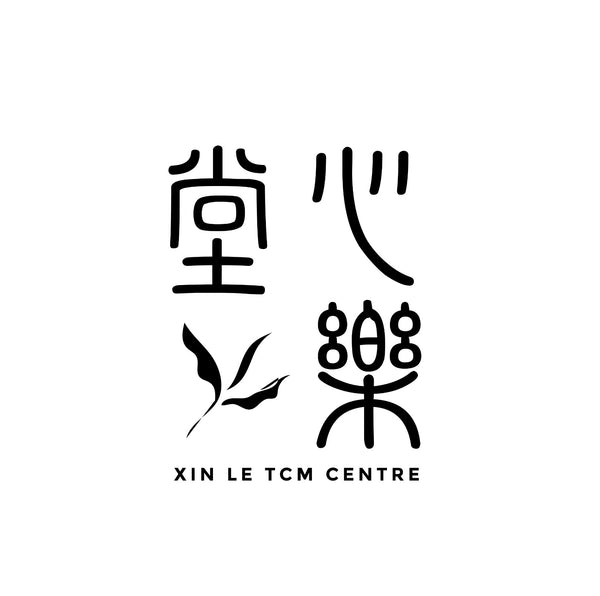Through the years, we’ve heard countless “rules” about confinement that mostly passed down by grandmothers. While many traditional beliefs have their roots in TCM, not all are completely accurate when applied to today’s lifestyle.
At Xin Le TCM, we always encourage new mums to understand the why behind each practice. Here are some of the most common confinement taboos/myths we often hear from our patients...
Myth 1: You Must Drink Rice Wine or Alcohol

Rice wine is traditionally used in TCM to expel cold and improve blood circulation. It can help warm the body and dispel wind-cold.
However, it’s not essential for postpartum recovery. Too much alcohol can actually slow healing. For breastfeeding mums, alcohol should be avoided as excessive intake may affect the baby’s growth and development.
If you do drink, it’s safest to wait at least 2–3 hours before breastfeeding to protect your baby.
Myth 2: Drinking Plain Water Is “Bad”

Some believe plain water will cause “cold” and “wind” in the body or lead to water retention but this is not true.
Staying hydrated is crucial, especially for breastfeeding mums. Water helps with digestion, supports milk production, and keeps your body functioning well.
Drink 7–8 glasses of warm water daily to stay hydrated during your confinement.
Myth 3: Do Not Bathe or Wash Hair

Due to the huge loss of qi and blood when giving birth, new mummies’ body constitution and immunity are weakened. Therefore, taking bath or washing hair may increase the chances of catching a cold. According to TCM, cold can invade deep into our meridians and lead to headaches and joint pains.
In the past, there was no hairdryer or water heater and it was inconvenient to boil water. Thus, do not bath or wash hair during confinement was established. As our living standards has improved over time, mummies allow to bath with warm water and dry your hair immediately after washing hair. It is important to maintain proper hygiene especially in the vaginal area where lochia discharge can become a breeding ground for bacteria which can cause infection.
Myth 4: Avoid Fruits and Vegetables as They’re “Too Cooling”

Many still believe fruits and vegetables should be avoided because they’re “cold” in nature. In reality, they are essential for postpartum recovery.
They provide vitamins and fibre that:
- Relieve constipation
- Aid wound healing (especially after C-section)
- Improve breastmilk quality for your baby
- Nourish the skin and boost immunity
To balance the cooling effect, cook your vegetables with warming ingredients such as ginger, red dates, goji berries, or sesame oil.
Myth 5: Take as Many Herbal Supplements and Tonifying Herbs as Possible

Due to the huge loss of qi and blood during childbirth, mummies are recommended to take herbal soups and tonics to enhance recovery. However, excessive intake of tonifying herbs can make the body too “heaty,” which may cause discomfort such as headaches, constipation, or even increased postpartum bleeding. Every mummy’s body condition is different and may not benefit from the same remedies that help others. It’s best to consult a certified TCM practitioner to tailor your herbal intake during the confinement period for better recovery.
At the end of the day, confinement is about helping your body heal, not following every old rule blindly. Some traditional practices do carry wisdom, but it’s important to understand the reason behind them and adapt to modern living. Every mum’s body is different, what worked for your mother or grandmother might not suit you now. If you’re unsure, speak with a qualified TCM practitioner to find what truly supports your recovery.

